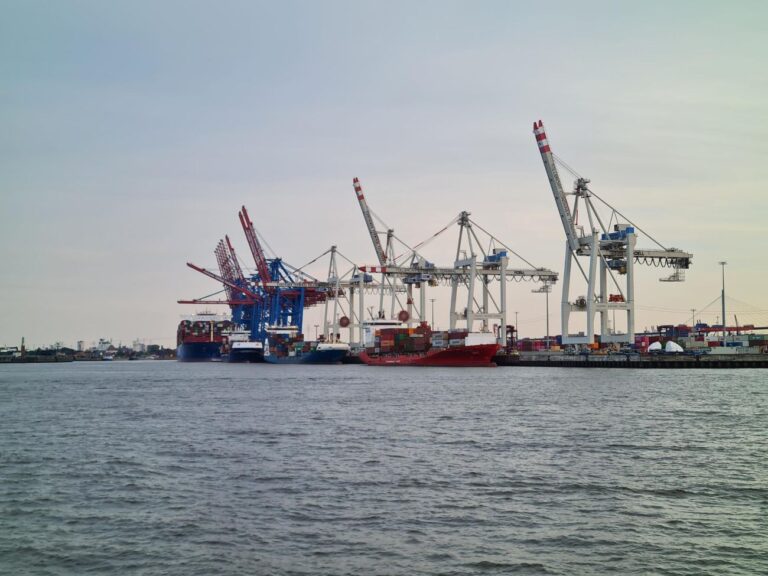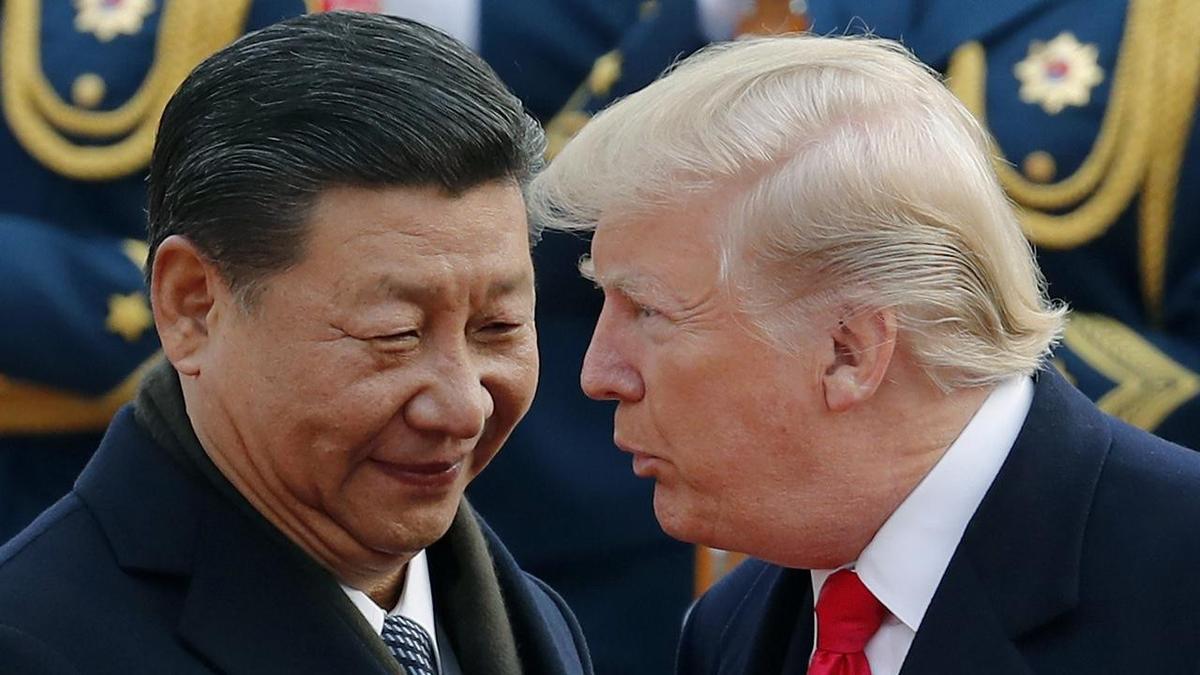Copyright offshore-energy

ECSA European Shipowners and Airlines for Europe (A4E) have once again urged the European Commission (EC) as well as national governments to “ensure bold action“ to speed up the availability of affordable clean maritime and aviation fuels and support production in Europe. As ECSA has reiterated in its call to the commission, the EC’s Sustainable Transport Investment Plan (STIP) needs to be “ambitious” and it must establish strong commitments and concrete steps in order to make environmentally friendly fuels more widely available for hard-to-decarbonize sectors like maritime transport. Such actions are described as ‘pivotal’, given the significance of a sector like shipping for Europe’s economic competitiveness, connectivity, energy independence as well as security, officials from ECSA have shared. Specifically, the steps that the agency has highlighted in its address to the European Commission are as follows: Invest EU and national Emissions Trading System (ETS) revenues back into the decarbonization of critical sectors such as shipping; Bolster manufacturing capacity in Europe and mend the price gap; Give maritime and aviation priority access to clean fuels; Simplify access to the EU Innovation Fund, a large funding program with €40 billion envisioned to support low-carbon technology that could lead Europe to carbon neutrality. In their previous call for support for STIP, which represents a proposal that aims to mobilize and coordinate investment in transport sectors under a single framework, the agencies had elaborated that the regulatory landscape as it is right now acts as an opportunity for European fuel suppliers to set up a “strong” industrial base in Europe for the manufacturing of eco-friendly fuels for shipping and aviation, in line with the goals of the Competitiveness Compass and the Clean Industrial Deal. As noted at the time, a 40% mandate for sustainable fuels and technological solutions in Europe in line with the Net Zero Industry Act could provide a sense of certainty to energy producers and manufacturers. According to ECSA and A4E’s statement, in this sense, STIP should offer support for the production and affordable uptake of low- and zero-carbon maritime fuels and sustainable aviation fuels (SAF) by de-risking offtakes and, thus, narrowing the price gap with conventional energy sources, stabilizing costs and flinging the door open to large-scale investments. As informed, this could address the uncertainty that comes from high manufacturing costs of these fuels, long-term offtake commitments that are required and market volatility, i.e., factors currently hindering the delivery of large volumes of renewable and low-carbon fuels from projects in the EU. Moreover, per ECSA, funding needs to go “beyond state-of-the-art projects” and ensure the scale-up and deployment of clean fuels and technologies already available on the market. In an early September 2025 release, Europe’s Transport & Environment (T&E) also underlined that STIP should support clean fuels that meet three ‘core’ pillars of sustainability, scalability and sovereignty (made-in-EU) in the energy transition. T&E said in its report that e-fuels, or renewable fuels of non-biological origin (RFNBOs), are the only types that meet these criteria. Representatives from T&E further remarked that e-fuels “urgently needed” a revenue certainty mechanism (RCM), which could be ‘essential’ for the European e-fuel projects to reach Final Investment Decisions (FIDs), in time to meet the goals of REFuelEU and FuelEU Maritime regulations. What is more, the organization added that an Alternative Fuels Infrastructure Facility (AFIF) is “extremely important” for rolling out clean transport infrastructure, including that for shipping. As divulged, all modes of transport rely on AFIF to either electrify or adopt hydrogen and e-fuels, but its last cut-off date is March 2026, after which no more calls are reportedly planned to be issued. Because of this, T&E concluded that STIP must provide €1.5 billion to AFIF to continue operating until the end of the EU’s Multiannual Financial Framework (MFF) for 2021-2027. ECSA: EU maritime strategy must bridge innovation gap, not build barriers Investment and infrastructure gaps threaten EU’s shipping decarbonization ambition Industry calls on EU to bolster clean shipping standards T&E: Two-thirds of European green shipping fuel projects may never come online as supplies fear lack of demand European shipowners, T&E call on EU to make energy transition of shipping a priority



